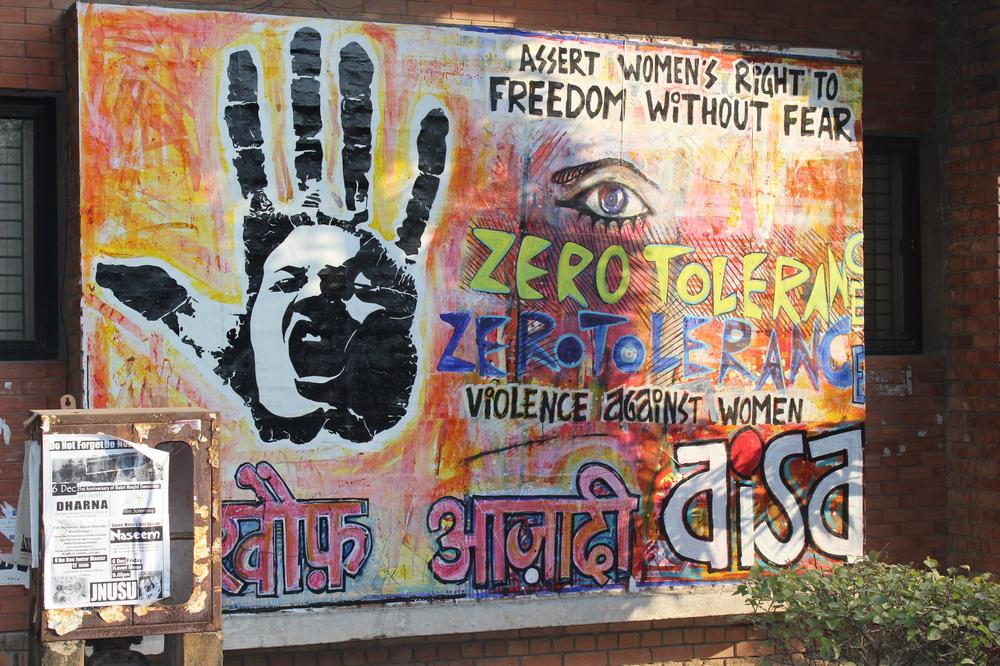Annual Theme (2016-17): Challenging Inequalities, Transforming Gender Relations in the 21st Century

The issue of gender has long been part of the development agenda. With the inception of the United Nations in 1945, women’s groups and activists helped to push for the recognition of women’s needs in the UN charter. The series of development conferences throughout the 1970s, 80s and 90s led to the ratification of CEDAW in 1979, which prohibits all forms of discrimination against women. The Beijing Conference in 1995 put forward the tool of gender mainstreaming such that gender inequalities are considered and challenged in all aspects of development policy-making and implementation. Focus thus shifted from an “add women and stir” (women in development) approach to a more nuanced gender and development approach focusing on the relationship between men and women in addressing poverty and inequality (GAD).
There has been some success in challenging gender inequality. Globally, more women are involved in the paid workforce, are more likely to complete primary education and the number of female heads of government is increasing. Yet progress has been patchy. However, gender inequalities persist and life chances and outcomes still depend on where you are born and whether you are a girl or boy, man or woman.
Where does this leave us? And where do we go next? The theme of this year’s GRP is challenging gender inequalities and transforming gender relations. We will address these critical development questions through a series of inter-disciplinary events – seminars, lectures, our photography competition and performances. Some of the topics we will be covering include the gendered nature of care and its impact on women’s empowerment and wider social relations; the gendered nature of migration and of women working in science and new technology. We are also planning the first student-led graduate GRP International Development conference on the topic. The year will see speakers invited from the academic, activist, policy-making and NGO communities and we warmly invite Warwick academics, researchers and students to contribute to events and activities.
Annual Theme 2016-17 Events
GRP ID Networking Event Term 1
Modern Challenges to Islamic Law, Professor Shaheen Sardar Ali
CES Research Seminar: Stop violence against girls in schools
Diane Elson Lecture: Gender Inequality and Economic Inequality
Gender and development from a practitioner's perspective - why should gender matter to development?
Gendered work in global food chains (half day workshop)
Food and development: views from the field
Photography competition 2016-17
